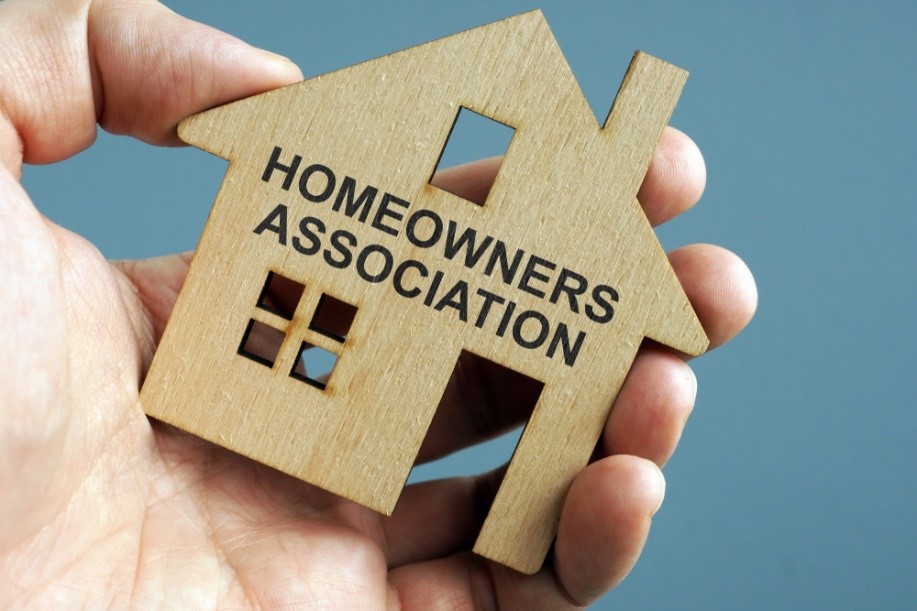Important decisions shouldn’t be made off the cuff. Here’s how you can make sure your board is communicating correctly.
Good communication habits can make or break your board. One of the signs of a well-run HOA is its transparency and efficiency when communicating with residents and each other. Do things correctly, and your community will have a sense of trust and confidence in your board’s work. Make the wrong choices, and your community could start to question their administrators.
Often, communication errors occur simply out of ignorance or familiarity. If your board is made up of community volunteers, it may seem easier to make decisions by the pool than in a formal meeting. However, there are important benefits to making sure that your board’s processes are professional.
Read on to discover the do’s and don’ts for proper HOA board communication.
Don’t: Make unilateral decisions
This is a common pitfall for HOAs where board members feel familiar: Instead of holding a community-wide meeting to discuss upcoming decisions, officers of the board will have a casual, unscheduled conversation where they make decisions on different issues facing the neighborhood.
This water-cooler meeting style certainly makes things feel easy, but in the long run, it costs HOAs too much to handle their affairs so casually. Don’t make unilateral decisions on behalf of the board or the community.
You may think that you already know what the other members will vote for, or you may not consider it worth the effort of holding a community meeting. Still, it’s important that you only make decisions when a quorum of the board is present in person or remotely, such as via conference call. A quorum is when the majority of the voting board members are present. You can still meet and discuss business at any time with the board members, but don’t vote on anything unless a quorum of board members is available to take part.
Do: Make decisions in open meetings
HOA’s need to convey a sense of integrity and transparency to their residents. One way you can accomplish this is by conducting votes in open meetings where members can witness the board’s discussion and voting process.
That’s not to say you shouldn’t have candid discussions with your directors in private. There are many matters that you may need to discuss privately amongst yourselves, and perhaps with your HOA attorney. Still, when the time comes for a formal vote to be taken, consider letting the neighborhood in on the meeting.
Do: Face-to-face communication
While digital communication such as email and community web portals can make things easier, formal decision-making needs to take place face-to-face. Important decisions should always be made with a proper board meeting — email correspondence just won’t cut it.
Do: Consider a communications committee
You may find that a handful of people in your community are adept at communicating with others. They always seem to know the scuttlebutt; keep up to date on the community atmosphere; and excel at communicating via phone, email, and more.
If you identify these people, consider enlisting them to take part in a community communications committee on behalf of the board. They can use their skills to help the board communicate with each other and with the community at large using whatever methods are best for your individual.
Don’t: Underestimate the power of communication
Most of the problems you face as an administrator for your homeowners’ association will be clear and obvious — a bad landscaping job, a run-down clubhouse, etc. Poor communication, however, can have a much more subtle impact on your community.
If your board is not transparent and up-front in their communication and decision-making processes, you run the risk of damaging the trust and confidence your residents place in you. When residents and board members don’t feel engaged, the morale of the community will suffer and you may find the neighborhood adversely affected.
Don’t let this easily corrected problem sneak up on you. Use these tips to make sure that your communication is open and clear, and your membership will thank you.
At VendorSmart, we understand that third-party vendor relationships are critical to the success of any association or condo. Our software and team of industry professionals guarantee full compliance vetting for every vendor employed by your management company at no cost to you or the vendor. Want to learn more? Schedule a demo today.
